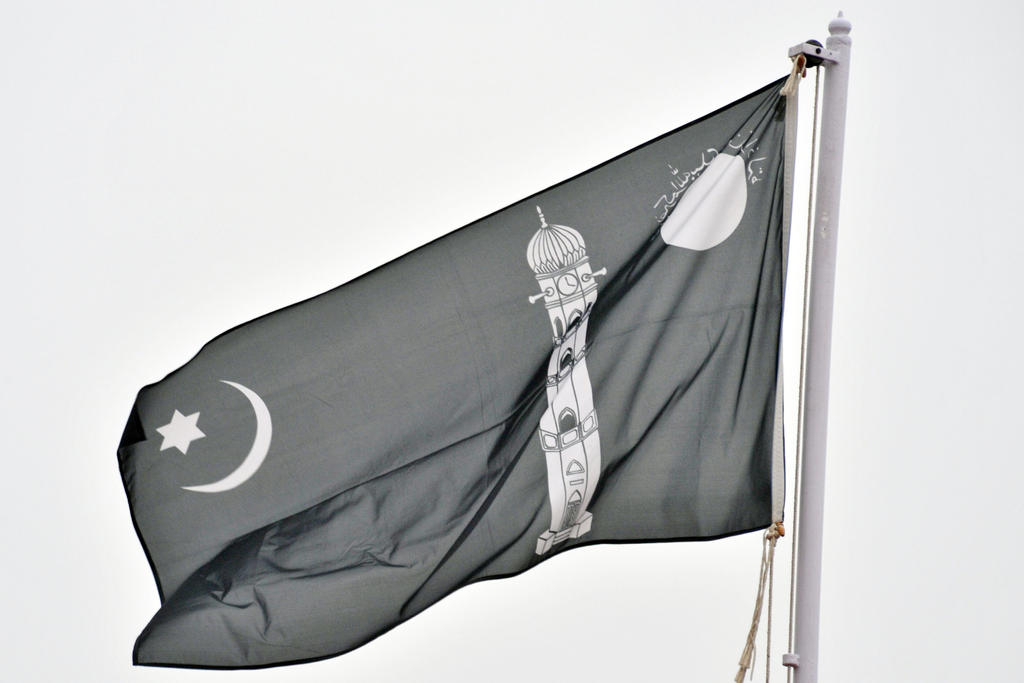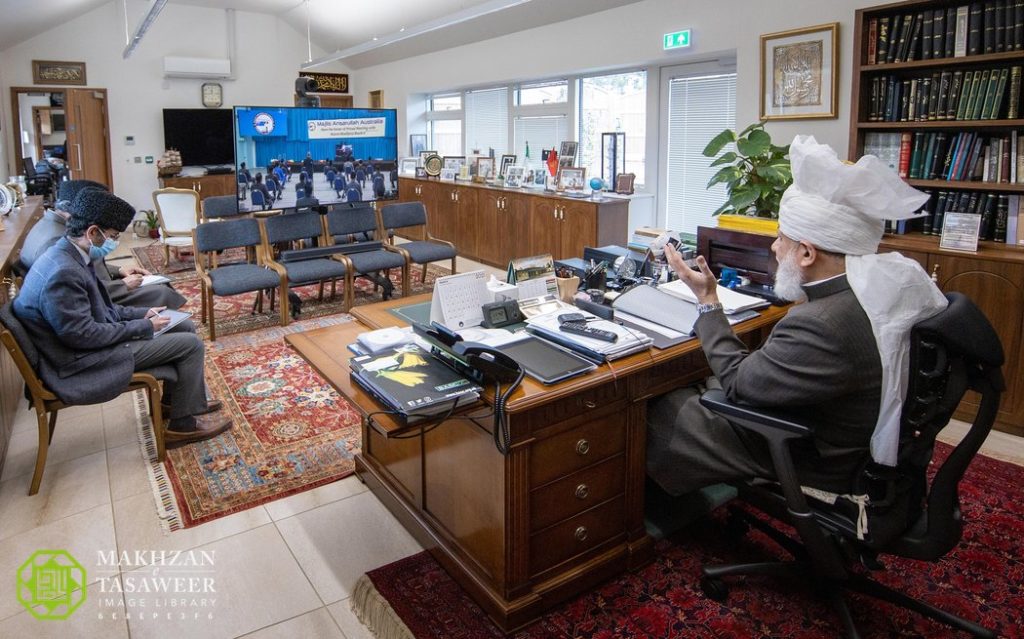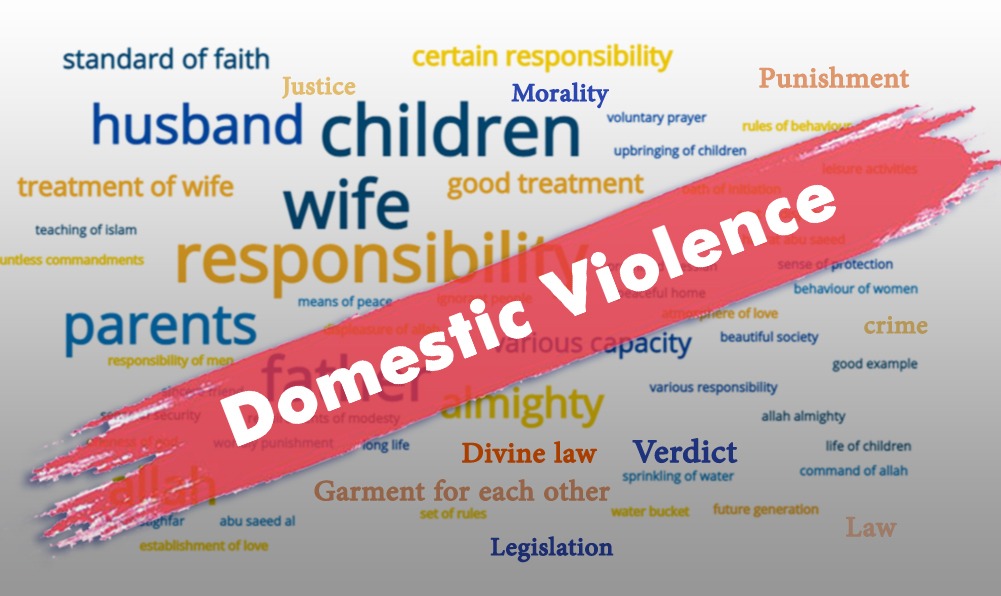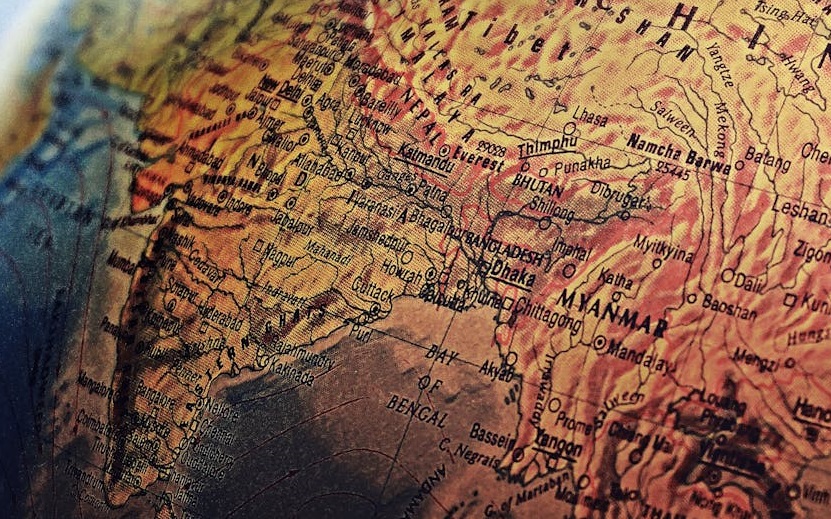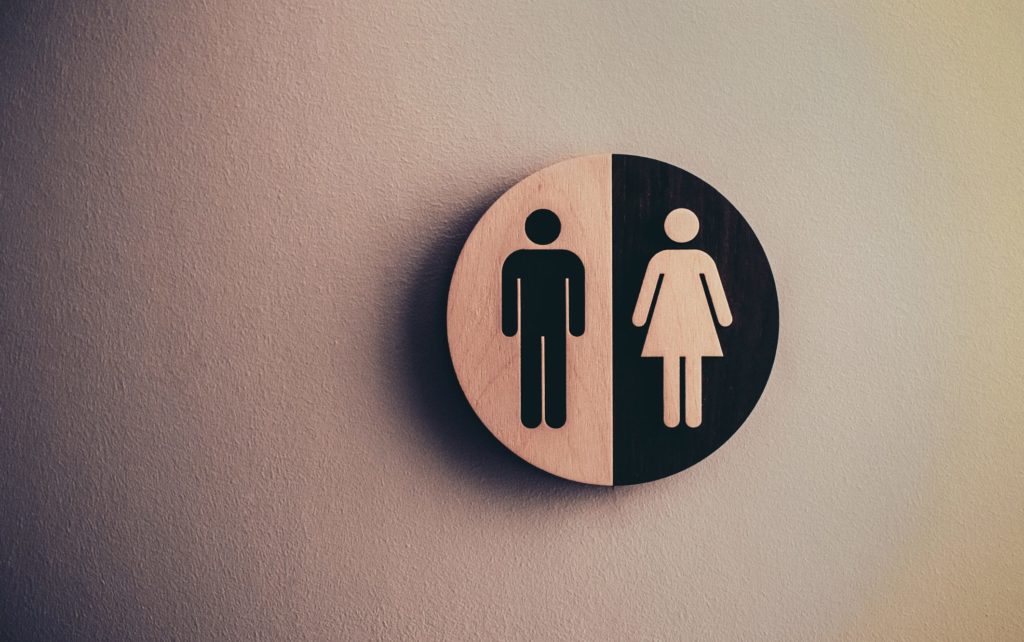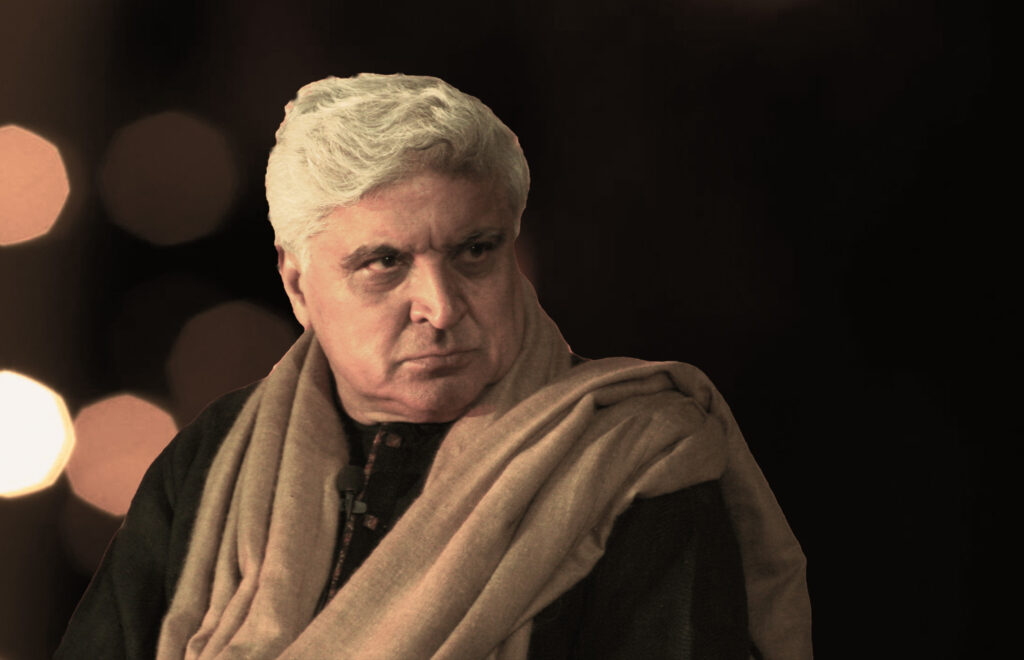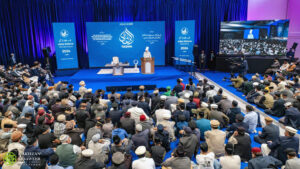ARTICLES
The 132 years long history of the Ahmadiyya Muslim Community testifies to the fact that this community has been working to establish peace and unanimity between people of all faiths.
Freedom of expression has its limits. Those limits begin where hatred is spread. They begin where the dignity of other people is violated.
The cases of divorce are increasing owing to the prevalence of domestic issues. The Worldwide Head of the Ahmadiyya Muslim Community lays down guiding principles to curb the problem.
Though various steps have been taken to curb down domestic abuse, the root causes behind the problem remain largely unaddressed.
Loyalty to nation is an integral part of faith in Islam. But opponents try to call this fact into question by misrepresenting one of the prophecies of the Holy Prophet(sa).
Is pursuing worldly provisions the sole purpose of our lives, or is there any greater meaning to our existence?
Critics often employ contextomy to misrepresent the views of the Promised Messiah(as). Here we refute a false allegation of misogyny raised against him.
Is it true that Muslims are permitted to have conjugal relations with female war captives? The Worldwide Head of the Ahmadiyya Muslim Community gives an insightful explanation.
The Ahmadiyya Caliph extends the message to the world that true happiness will be attained when mankind begins to recognise human values, and when hatred turns to love.
The Ahmadiyya Muslim Community, being a religious and non-political organisation, has always advocated for peace. Unfortunately, a lack of historical awareness has led some to unjustly accuse this Community of being responsible for the partition of India.
Opinions often surface branding the hijab as a symbol of oppression. Here, we respond to a recent Newslaundry article, challenging the narrative that Muslim women require ‘liberation’ from their choice to wear the veil.
If God is an epitome of love, why should we fear Him? The Ahmadiyya Khalifa explains the Islamic concept of righteousness, highlighting how true love inspires a fear of displeasing the beloved.
Islamic teachings provide essential principles for living in a society, addressing the political, social, economic, cultural, and religious aspects of human life.
Postpartum depression is a common yet often overlooked challenge that many new mothers face. Understanding its impact and finding effective coping strategies are essential for both maternal well-being and healthy parenting.
Ahmadiyya Khalifa explains the Islamic concept of religious evolution which occurred in parallel with the cognitive and social development of man.
While Akhtar blatantly characterises all religious people as mentally ill, his statements reveal that he is suffering from the very delusion he seeks to find in others.
Amidst the polarised debates that either advocate for or entirely reject abortion, Islam offers a balanced and logical perspective, respecting the rights of women and the sanctity of potential life.
Ahmadiyya Khalifa explains how important it is for parents, in today’s digital age, to monitor the programmes their children watch and ensure they do not have excessive screen time.
Contrary to the common belief that Adam(as) was forbidden to approach a physical tree, a study of the Quranic verses reveals that the command addressed a concept of much greater significance.
Atheists have long argued that the onus does not lie with them to disprove God’s existence. Here we examine if they are truly exempt from the rational burden of substantiating their beliefs.

